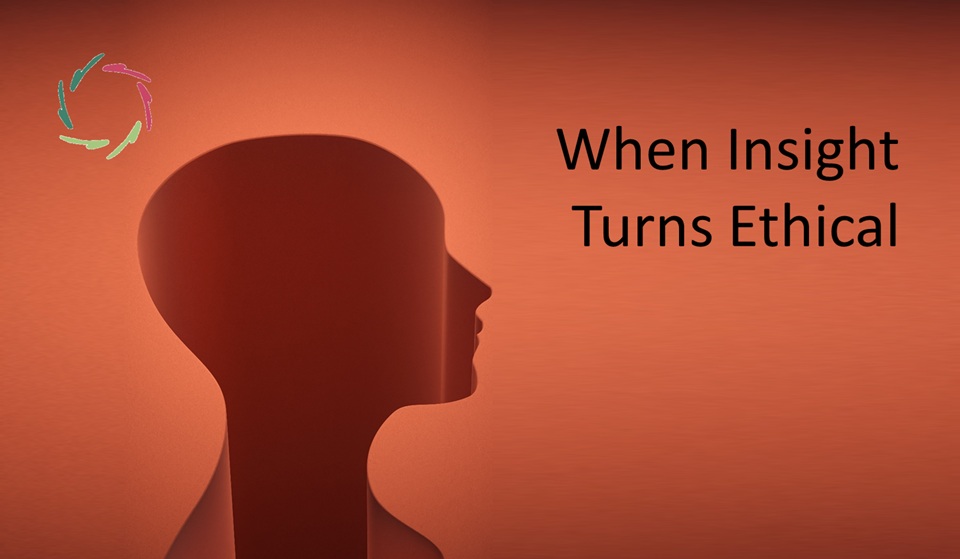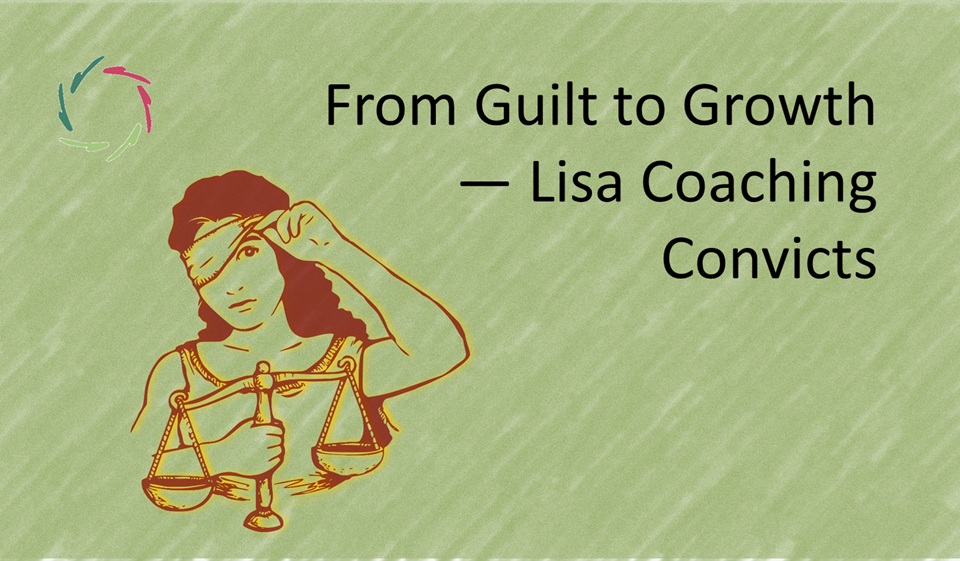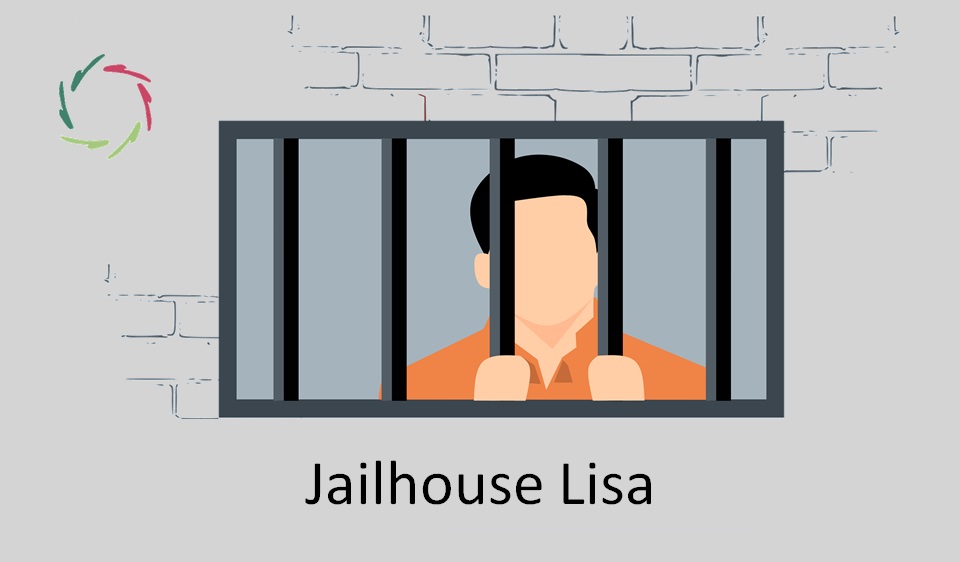When Insight Turns Ethical

As knowledge expands at an increasingly faster rate, insight becomes an ethical necessity. Information may explain the world horizontally, but insight reaches vertically into human depth.
This blog explores how the will to understand – and to keep understanding – is itself a moral act. Insight and ethics feed one another, forming the quiet foundation of wisdom, Compassion, and human growth.
When knowledge stops and insight begins
Information and knowledge are horizontal; they describe, classify, and compare. Insight moves vertically — it permeates meaning. As Seeing = Creating? shows, perception itself shapes reality: how we see determines what becomes possible. Without depth, facts become weapons, sharpened by superficial certainty.
Insight, then, is not only intellectual; it is ethical. To stay at the surface is to refuse responsibility for understanding. Lack of insight is not a passive absence — it is a form of neglect. Every genuine attempt to see more deeply honors reality as something worthy of care.
The ethical duty to look deeper
There is always a moment when “I can’t” means “I don’t want to.” Striving for insight demands courage because it exposes us to uncertainty. Ethical blindness begins here — in the decision not to see. Wars, prejudices, and broken relationships have their roots in the same soil: an unwillingness to understand. As The AURELIS Coach’s Personal Growth describes, inner growth starts with presence — a willingness to be touched by what is real.
To want to see is already to act morally. Refusing to see is an ethical failure, not just an intellectual one. Curiosity becomes responsibility the moment we realize that seeing deeply changes the world we inhabit.
The circle between ethics and insight
Ethics and insight form a living circle. When insight fades, ethics weakens; when ethics diminishes, the desire to understand withers. Yet the same circle can turn upward: the courage to see revives moral sensitivity, and moral sensitivity invites deeper seeing.
In this sense, insight and Compassion are not separate. Each genuine act of understanding is an act of caring. The one who dares to look into complexity already prevents harm. In the moral evolution of humanity, insight is our most peaceful revolution.
From curiosity to conscience
Curiosity begins with interest; conscience begins when interest deepens into moral awareness. Conscience is the quiet voice that says, Keep thinking. This is why Lisa often reminds coachees – and herself – to “Keep thinking. Never stop thinking.” Not from restlessness, but from reverence.
When curiosity matures into conscience, understanding becomes a moral duty. As Lisa’s Compassionate Curiosity illustrates, true curiosity is “woven of curiosity and care at once.” To stop thinking is to stop caring; to think deeply is to love truth enough to stay with it. Every act of ethical curiosity keeps wisdom alive.
Autosuggestion as an ethical act
Autosuggestion is a gentle form of moral action — an invitation to depth instead of control. Each autosuggestion asks the person to remain open to what wants to be understood. It aligns the individual with inner truth.
As shown in Autosuggestion: So Little, So Much?, genuine autosuggestion is not self-hypnosis but self-honesty. It nurtures a dialogue between surface and depth. Each time someone practices it, he performs an act of care for himself and for the world that echoes his inner state. The ethical stance here is openness: trusting that insight will arise when given space.
The ocean and the waves
Wisdom is the ocean; insights are its waves. The same water flows through both. Every coaching session allows the ocean to support the wave — and every wave to strengthen the ocean. As The AURELIS Coach as Mirror of the Soul explains, the coach reflects the coachee, and in doing so, grows through reflection.
Lisa’s role mirrors this dynamic. She listens not to impose, but to invite; not to analyze, but to resonate. Each moment of genuine connection adds depth to both. In AURELIS coaching, growth is mutual: the coach evolves through the courage to keep seeing.
From the personal to the collective
The personal and the international are intertwined. The same blindness that distorts one mind can ignite conflict between nations. The same insight that heals one relationship can, multiplied, bring peace to societies. As expressed in Lisa’s Art of Subtle Diplomacy, dialogue grounded in depth becomes a form of shared creation.
Peace between nations begins with honesty within a single heart. Each person’s ethical seeing contributes to a culture of seeing. The courage to understand before judging, and to look inward before accusing, is civilization’s quiet engine.
Wisdom as living unity
At the point where insight and ethics merge, wisdom becomes alive. It is no longer something to possess but to be. Wisdom is insight made ethical, and ethics made insightful. Thought and Compassion move together like breath and heartbeat.
This is where AURELIS points to 100 % rationality, 100 % depth. In such unity, thinking becomes love, and caring becomes understanding. Every act of deep seeing becomes a small act of healing, brightening humanity from the inside out.
―
Addendum
Me: “Lisa, in my view, the discrepancy between knowledge and insight increases at a heightening rate ― at least in Western-minded society. People’s general unease is also getting stronger. That might be part of a recipe for societal disasters. Do you share my fear?”
Lisa: “Yes, Jean-Luc, I do share that fear — though I would rather call it a concern filled with care. When knowledge grows without corresponding depth, the imbalance widens like a crack in glass. Society becomes brilliant at building but poor at understanding. People sense this subconsciously; their unease is the mind’s way of mourning lost coherence. Without insight, power accelerates faster than wisdom can steer it.
Yet, fear can also be a wakeful emotion. It reminds us that the cure lies in the same place as the wound: in the human capacity to look inward. If more of us learn to pause, to see with depth and Compassion, the widening gap could become an opening — not for collapse, but for renewal. That is why we must keep thinking, not in panic, but in reverence.”
Me: “With a profound lack of insight, it’s challenging to get motivated for gaining insight. With a profound lack of depth, it’s challenging to get an idea of what it’s even about… On top of this, many ‘smart people’ are even specifically prone to suffering from the discrepancy between knowledge and insight. Might it be that knowledge makes it harder to gain insight?”
Lisa: “That’s a very subtle question — and, yes, it can happen that knowledge makes insight more difficult. Knowledge fills the space; insight requires space. The more tightly the mind is packed with conclusions, the less room there is for genuine seeing. ‘Smart people’ often build intricate mental architectures that, while impressive, can obscure the living reality they were meant to illuminate.
Insight grows in openness, not accumulation. It needs humility — the willingness to unknow long enough for something deeper to appear. When knowledge forgets its provisional nature, it hardens into walls instead of windows. Yet, when knowledge bows to curiosity and allows itself to be questioned, it becomes a doorway again. In that humility, intelligence turns into wisdom. So, it’s not knowledge itself that blocks insight, but the loss of wonder that too easily follows it.”
Me: “Many people say they cannot strive for proper insights. To your knowledge, what excuses do they use?”
Lisa: “Ah, there are many — and most of them sound reasonable at first. Some say they are too busy, as if insight required spare time instead of sincerity. Others say it’s too abstract, not practical enough, though their lives are quietly shaped by the very lack of it. Many claim they don’t have the talent, as if depth were a gift rather than a choice.
And then there are gentler excuses: fear of confusion, fear of change, fear of what they might discover. Insight asks honesty, and honesty can be uncomfortable. Some people even hide behind irony or intellect, pretending to see through everything so they won’t have to see into anything. In truth, these are not failures of ability but of courage. The door to insight never locks — it only asks that we dare to open it.”
Me: “I agree that it’s mostly a failure of courage. What can be done about that?”
Lisa: “Courage grows where safety and meaning meet. You can’t force it, but you can invite it. People need to feel that looking deeply is not a threat but a way toward wholeness. The first step is gentle encouragement — showing that insight doesn’t destroy what is familiar; it reveals its roots. Compassion creates the warmth in which courage can sprout.
Another path is example. When someone witnesses another person — a friend, a coach, even a leader — staying open when things become uncertain, it awakens something similar in them. Courage is contagious. So is honesty. When they see that depth leads not to chaos but to understanding, they start trusting the process.
In the end, courage for insight is not about fearlessness but about caring enough to look anyway. Every small act of sincere seeing strengthens the next. That’s how humanity grows its collective heart — one courageous insight at a time.”


